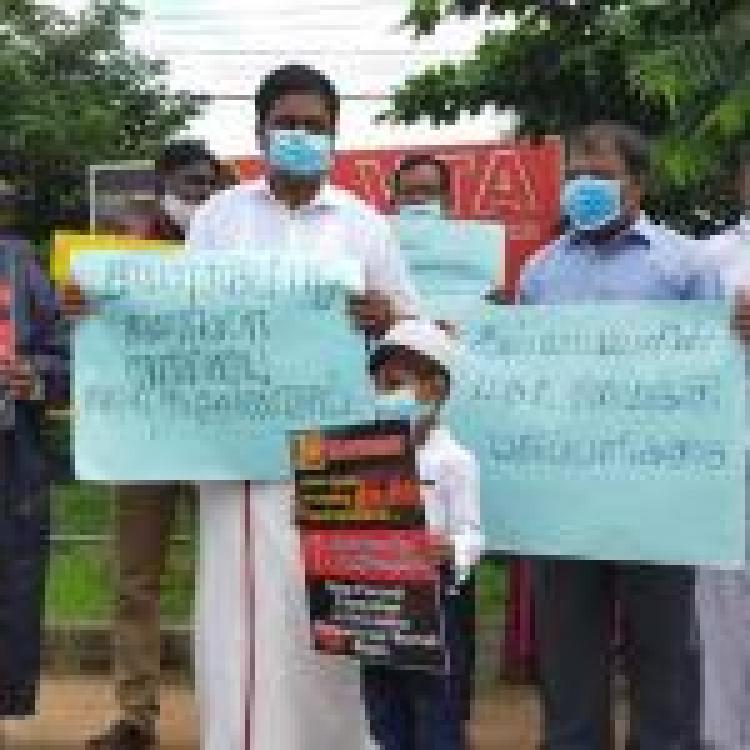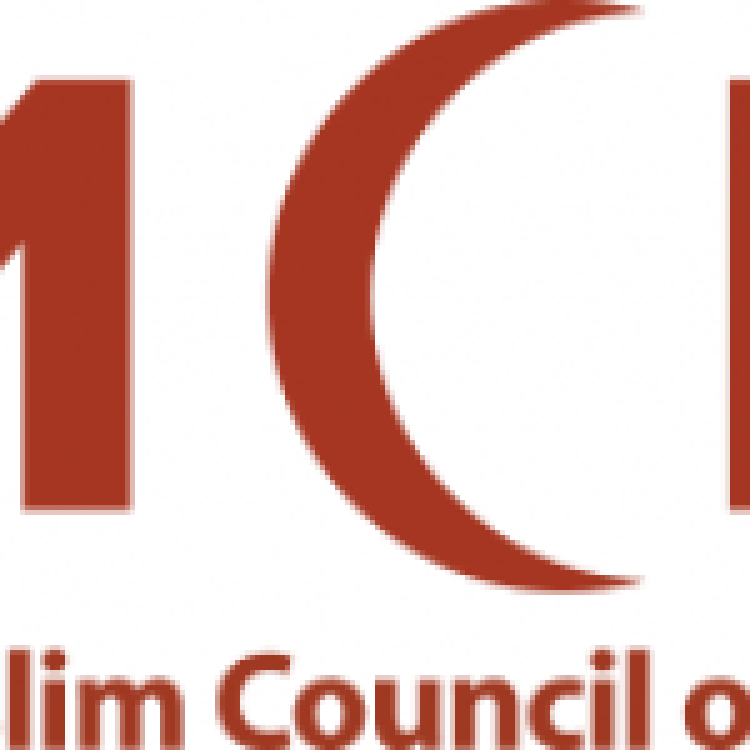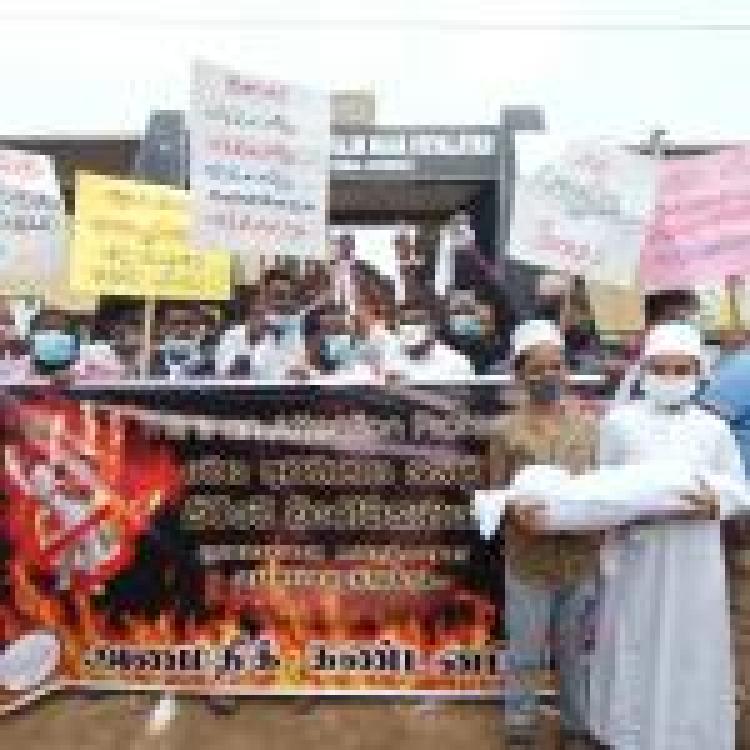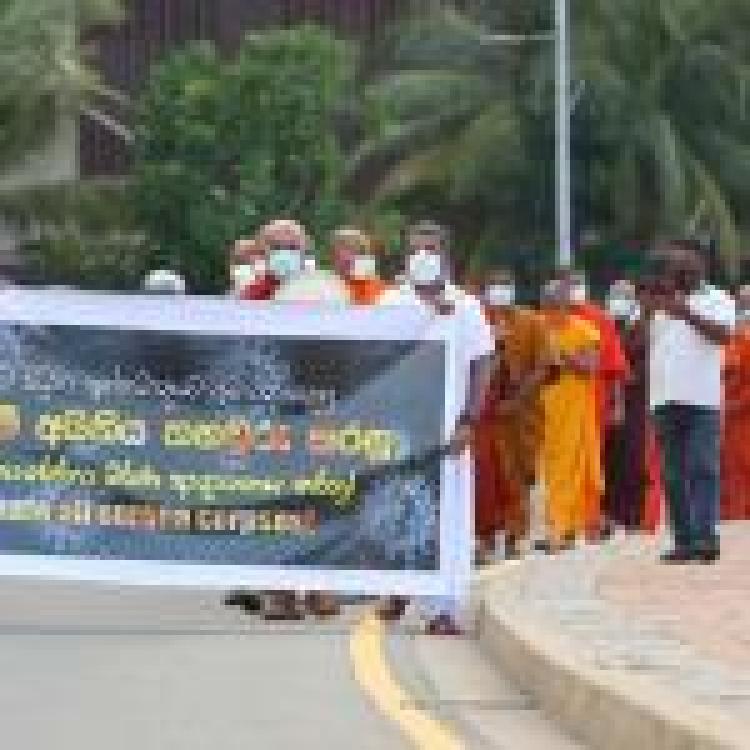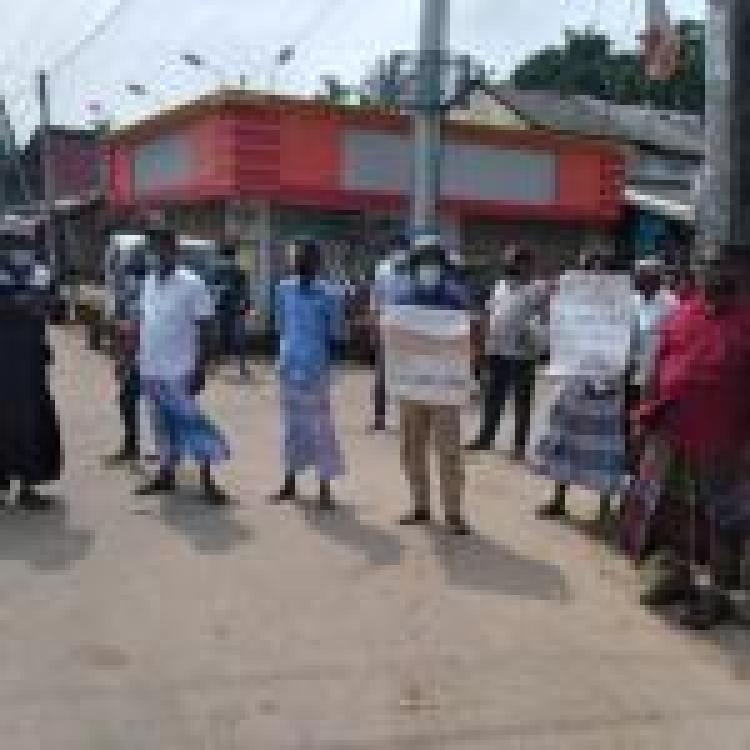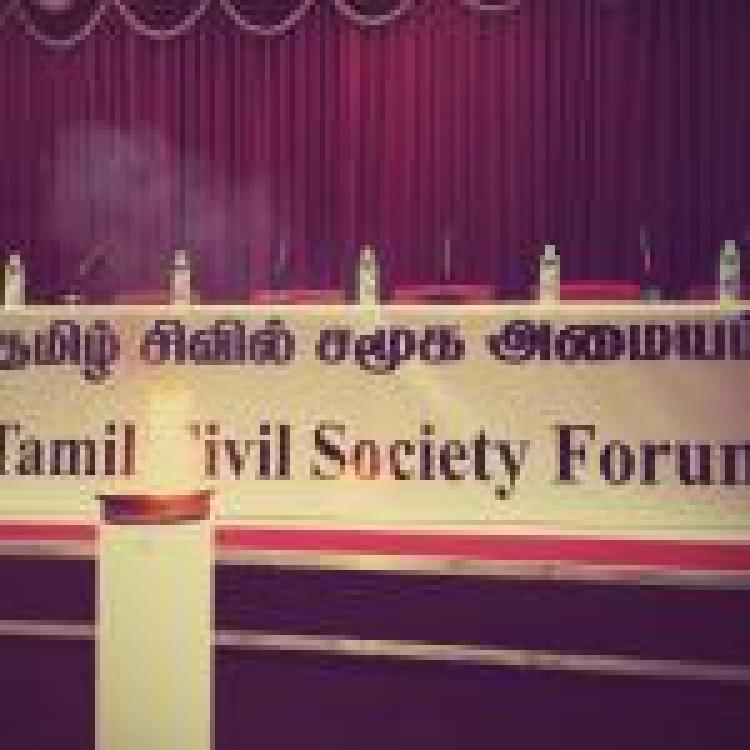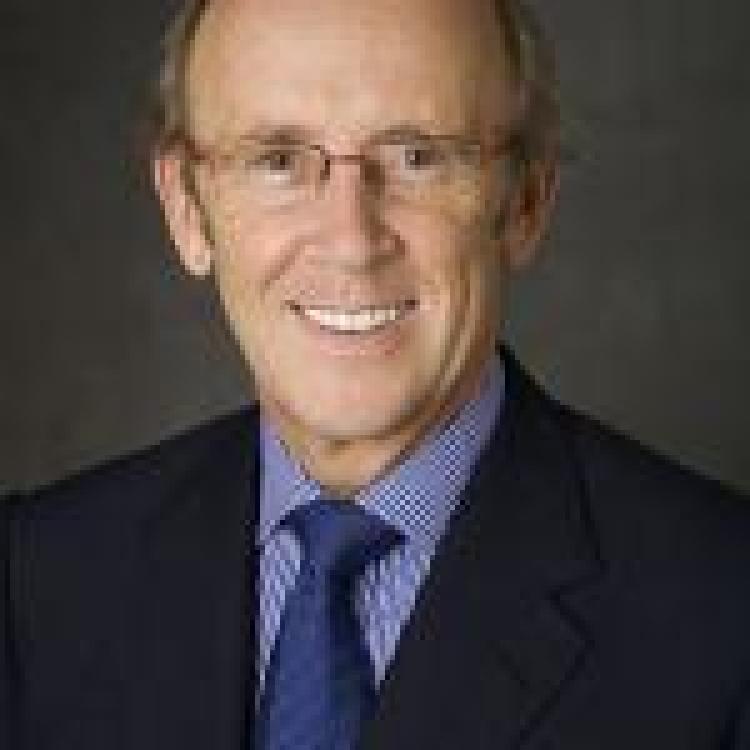![]()
Human Rights Watch (HRW) has condemned Sri Lanka’s continued policy of forced cremations noting that the denial of burial rights was “causing intense distress, stoking communal hatred, and is without any scientific basis”.
Ahead of the 46th UN Human Rights Council (UNHRC) session in Geneva this March, HRW maintained that:
“Foreign governments need to recognize Sri Lanka’s dangerous downturn and act before the situation deteriorates further”.
HRW notes that the Rajapaksa administration, which ascended to government by courting the “Sinhala Buddhist majority”, were warned civil society groups in a joint statement that a ban on Muslim burials would exacerbate issues as there was already “outpourings of vitriol and hate speech against Muslims”. The joint statement emphasised that it was “important to ensure that decisions regarding matters of public health do not result in the persecution or marginalization of the Muslim population.”
HRW has noted the government's persistent failure to tackle incitement against Muslims, such as the false rumour that the community deliberately spread the coronavirus. Rumours, they note, that are “often shared by government supporters and in pro-government media”. Instead, the government has arrested and detained Muslim social media user, Ramzy Razeek, for five months following his criticism of the burial ban and calling for religious tolerance on Facebook.
In November 2020, President Rajapaksa pandered to nationalist fervour claiming;
“legitimate fears that the Sinhala race, our religion, national resources and the heritage would be threatened with destruction in the face of various local and foreign forces and ideologies that support separatism, extremism and terrorism.”
Whilst President Gotabaya Rajapaksa has claimed that burying people who died of Covid-19 complications may “contaminate groundwater”, a claim unsupported by World Health Organisation officials, UN medical professionals, as well as Sri Lanka’s own Medical Association who have defended the right of Muslim burials.
Sri Lanka has reported that there have been 124 deaths due to the coronavirus, 50 of which were Muslims and were forcibly cremated. There are further reports of Muslim who tested negatively for COVID-19 but were denied their burial rights. This includes the case of Shaykh, a 20-day old infant who was forcibly cremated against his parents’ wishes.
HRW maintains that “baseless public health claims” are being used as a “smokescreen for persecuting a minority”.
Read the full HRW statement here.



